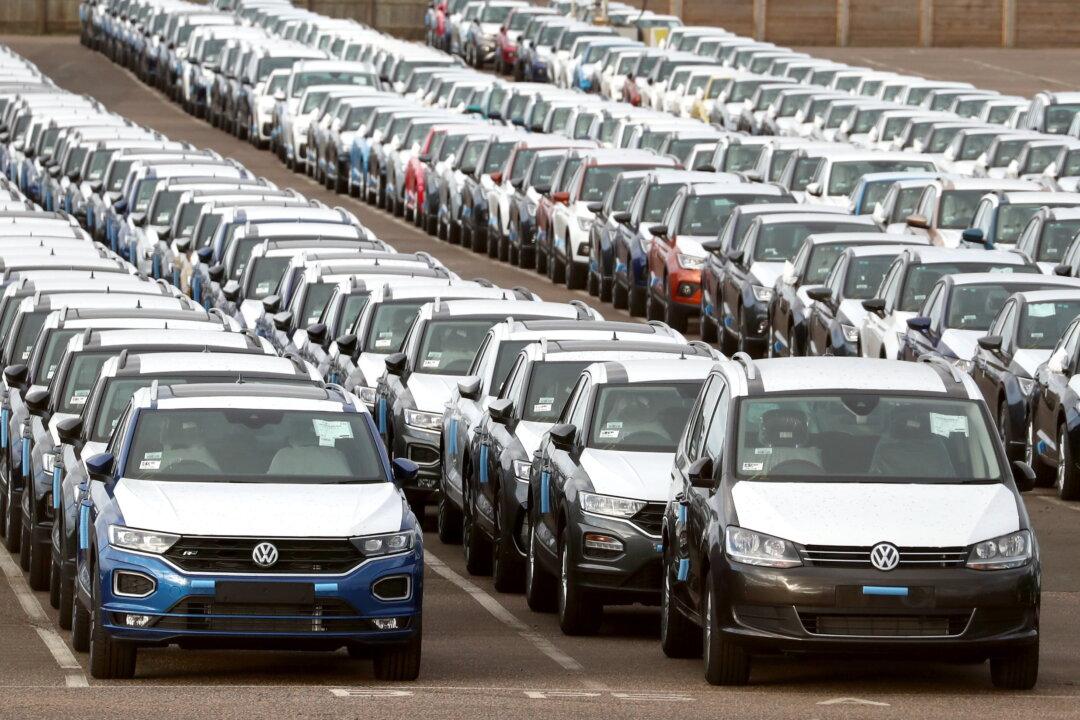A number of MPs on Tuesday called on the government to ditch its plan to ban the sales of new petrol- and diesel-powered cars and vans from 2030 as a new analysis estimated the cost of the policy will be five times the benefit.
Craig McKinlay, Conservative chair of the Net Zero Scrutiny Group and the All-Party Parliamentary Group (APPG) on Fair Fuel for UK Motorists and UK Hauliers, said the policy is unjustifiable with “such an unbalanced ratio of costs to benefits.”





